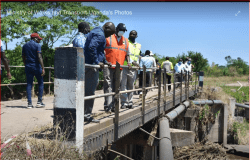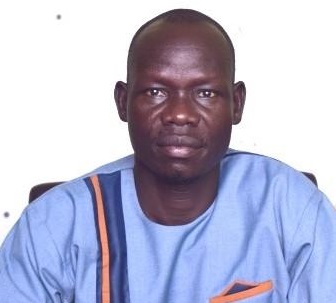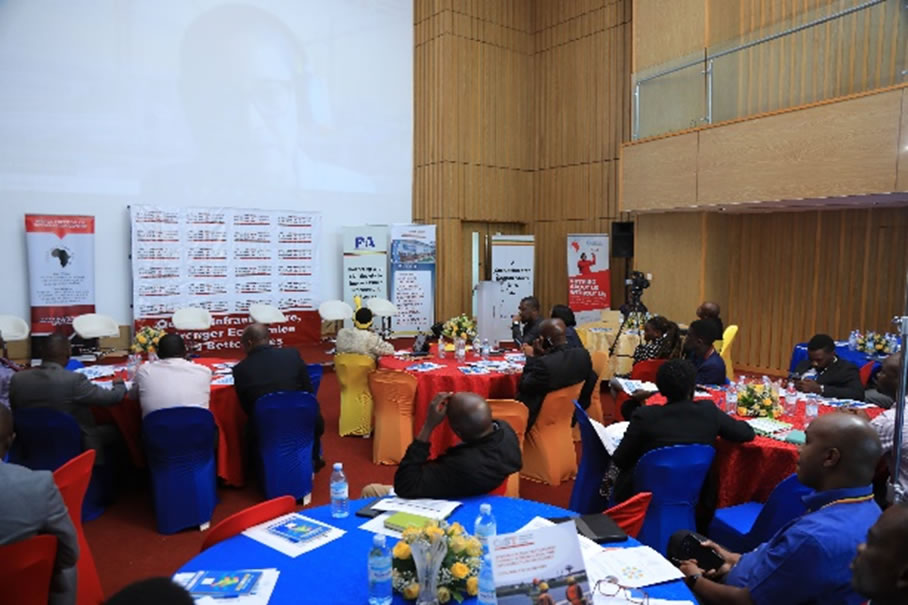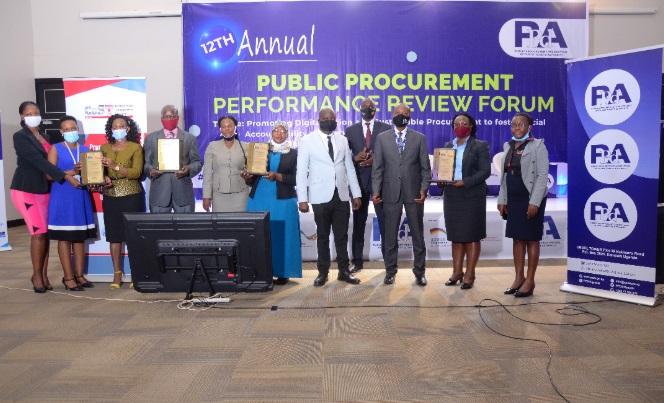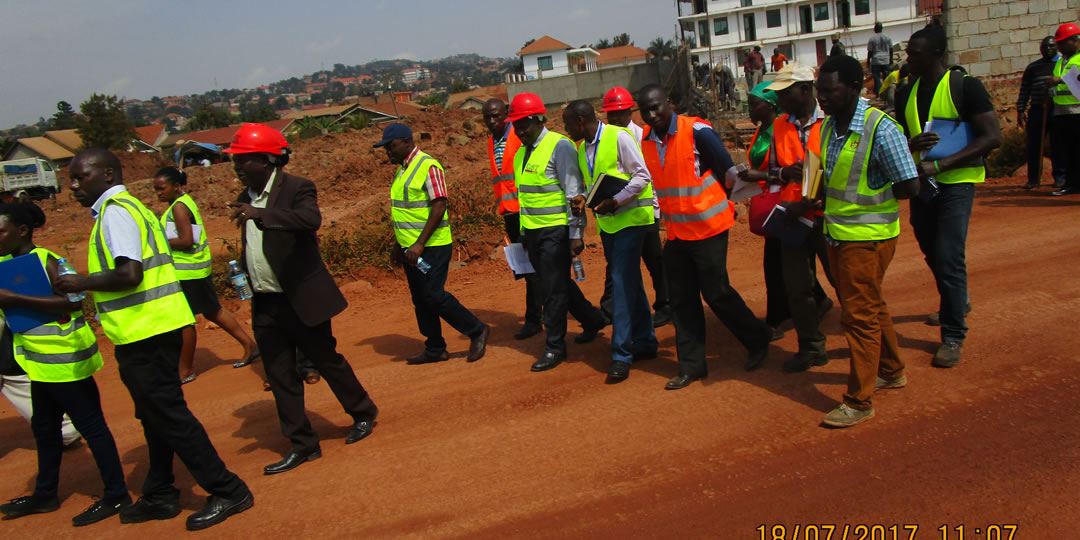
During the training, the Arua District Integrity Promotion Forum members explained the challenges limiting infrastructure transparency and monitoring as follows: The district is affected by budget constraints for monitoring but advised to combine departmental monitoring for the DIPF until the new circular for budgeting is issued to consider facilitation for the DIPF to monitor projects.
Besides the capacity challenges within the Engineer’s office to monitor projects; which revealed that the district required technical and financial support to enhance infrastructure monitoring, the district also decried the challenges associated with hybrid procurement process that were/are not clear where adverts are done by the Central Government, evaluation, implementation and monitoring by other another bodies no engagement of the district yet they are the intended beneficiary of the project. District was advised to engage PPDA on such projects to bring partners to better relations. Other issues included the lack of data for monitoring, lack of tools for monitoring, tools for monitoring and lacked knowledge on what to monitor but more striking was the challenge of funds.
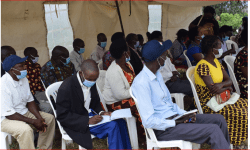
In our mentorship and coaching engagements two months after the district training on 18th June 2019, the district planner reported that the district had been given a City status and would be benefitting from USMID funding during FY 2019/20, which provided additional funds for monitoring. Under this arrangement 2 monitoring visits by the DIPF during the year had been budgeted.
Meanwhile feedback from Gulu District came on 17th June 2019 revealing that the Stakeholders (DIPF) trained appreciated the CoST IMT noting that it complements the previous tool the district had developed. It is intensive and gives a wider view of the life cycle of the project in monitoring. The district officials preferred it as it is efficient to use. Some issues of site abandoning and inefficiency of funds had been identified on some projects during the monitoring using the tool and these had been tabled to council and to the Engineer’s office for action. The major value the tool brings to the district is gathering real time evidence-based information that leads to evidence-based issue discussions as compared to the past where councilors would discuss without clear information. The district CAO expresses joy that he now is able to trace some project monitoring reports because the tool provides a clear guidance on how to produce a timely monitoring report. Of course, from instructions of the Ministry of Ethics and Integrity through Ministry of Finance, the district now budgets for DIPF monitoring on a quarterly basis.
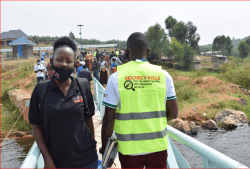
Ntungamo is able to tell us on 10th June how they have enhanced their coordination and communications to build clout for stakeholder participation in infrastructure monitoring. Being strong at picking up the joint monitoring approach across all sectors, the district has opened up information on projects being undertaken. for example, The upgrading of Kyamwasha and Karuruma Health centers at 500million Uganda shillings. In addition, site visits have been increased for the ongoing projects by the district and those procured at the center as opposed to negligence by the district leaders before training on the importance of monitoring.
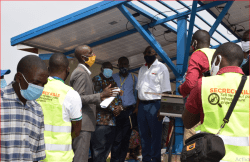
Mbale, our first mentorship district, they are able to share on 17th June 2019 how they have improved project supervision by Engineers for instance Bumuluya P/S, Nakaloke P/S, classroom blocks were well supervised that enabled timely completion of projects. Water stressed areas have been planned for and the safe water coverage is to improve; Pollution of the water sources is under control and this has enabled the district to have not suffered cholera outbreaks; Site meetings are now held on monthly basis; a good example is the seed secondary school at Bubentsye. BOQs being technical documents, the site meetings have been used to educate the community members on the contents of BOQs and technical interpretation. There is still limited citizen participation in the delivery of infrastructure, there is need for strengthening awareness campaign on the roles of different stakeholders on infrastructure projects and the importance of monthly site meetings as project implementation is in progress.

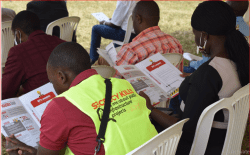
In Kabale the Infrastructure Monitoring Tool was adopted by the District Integrity Forum and it is being used to monitor projects; Kasheregyenyi Health Centre 11 is among the projects monitored which is being renovated at 500 million Uganda shillings but during the monitoring the team witnessed shoddy works and this could have been due to corruption and fraud. The matter was referred to the Engineers office for further critique.
